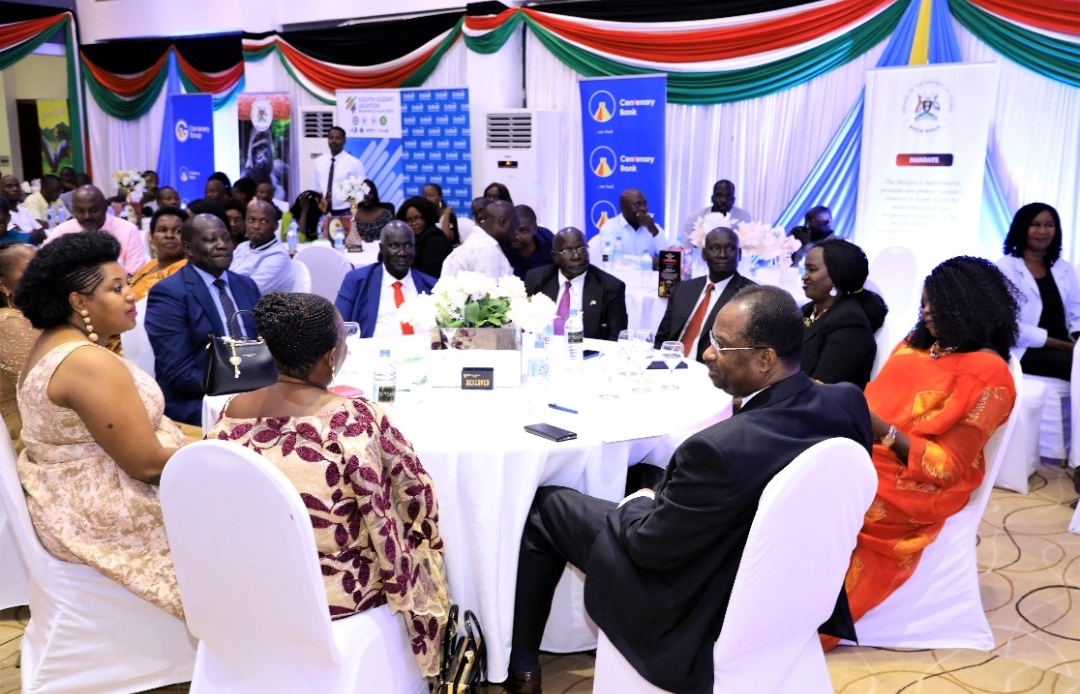South Sudan has warned Ugandan traders that they risk losing the lucrative market unless they improve the standard of goods exported.
Mary Gordon, the Director General, South Sudan National Bureau of Standards told the South Sudan-Uganda Business Forum in Juba that Ugandans had taken advantage of the laxity in the enforcement of trade laws to feed the country on sub-standard products.
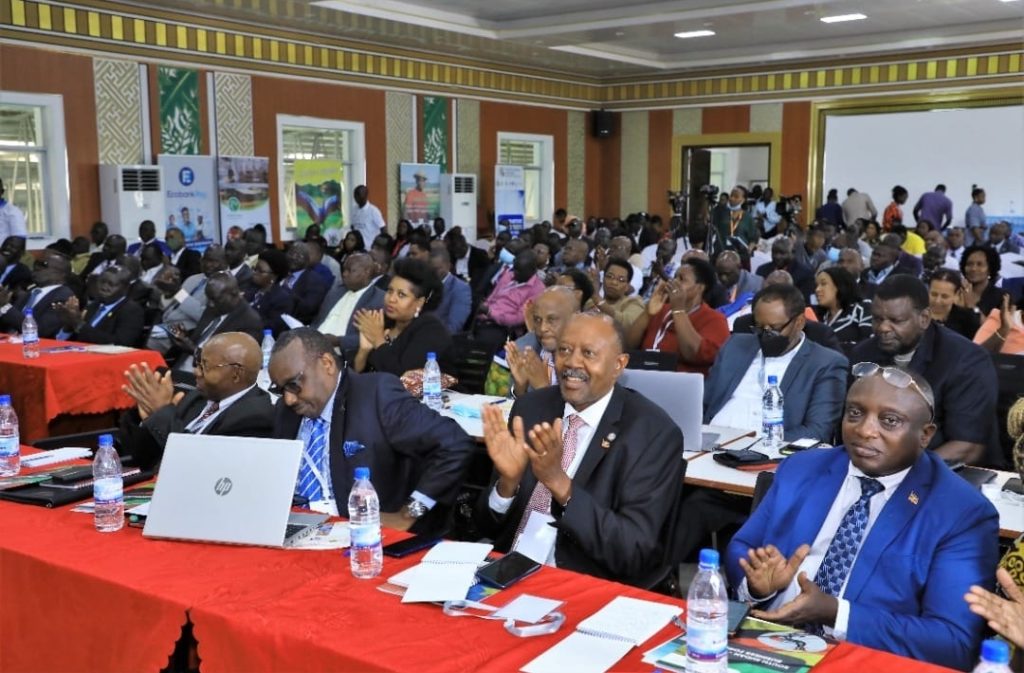
Gordon told the two-day summit that the products in question are mainly those that are re-packaged counterfeit, substandard, and expired foodstuffs.
“We discovered that we are having a very large influx of expired goods coming from all regions of the world, substandard goods as well as counterfeit goods,” Gordon said.
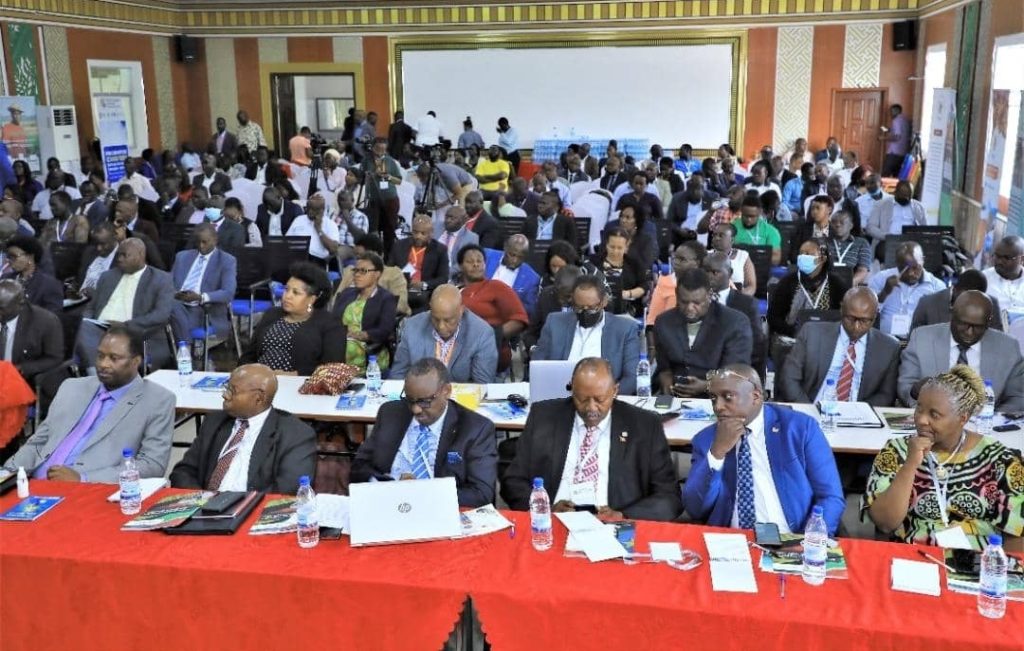
“The Bureau of Standards is playing a very important key to addressing with the business community of Uganda the importance of implementation of the standard,” she said.
Gordon said she is working with the Uganda National Bureau of Standard to resolve the issue, including reviewing the memorandum of understanding between the two agencies to ensure better standards for the imports.
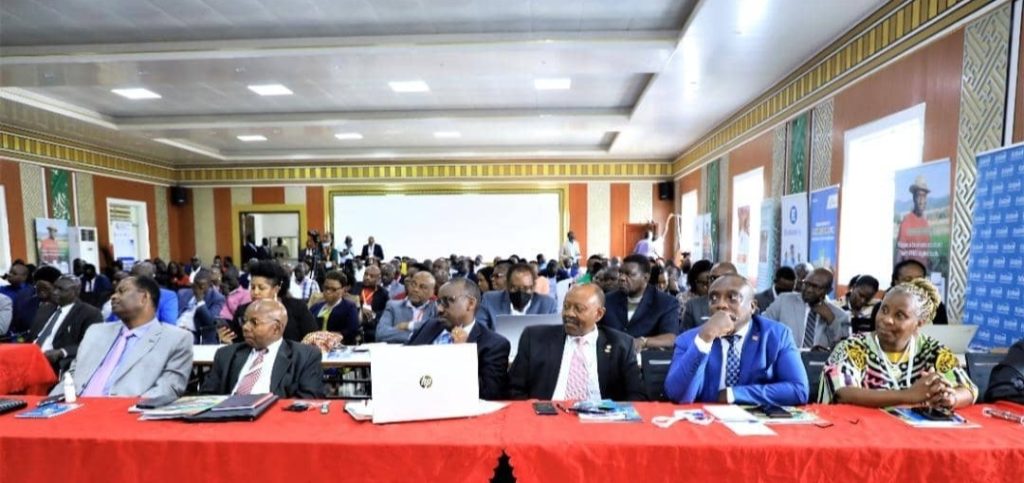
Dr. Elly Twineyo Kamugisha, the Executive Director Uganda Export Promotion of Board promised to take up the matter together with relevant authorities, to ensure substandard products are not exported by Ugandans into South Sudan.
He said they will also meet with the relevant officials in South Sudan to find out how these acts are perpetrated, and to find ways of bringing it to an end, adding that the issue is with the re-exports, not the Ugandan-made products.
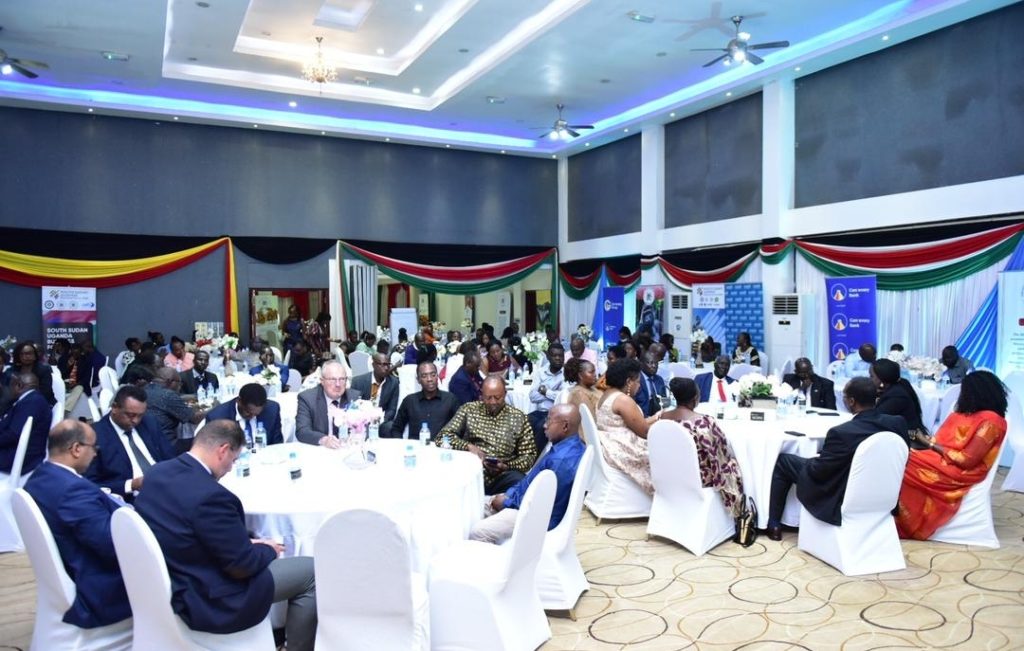
“When we go back, we are going to meet with those who are already exporting to South Sudan. The goods which are manufactured in Uganda do not have challenges in South Sudan.
The challenge with goods on South Sudan’s market is re-exports. We will have a thorough discussion with officials from the government of South Sudan to understand this move and I assure you it will be handled,” he said.
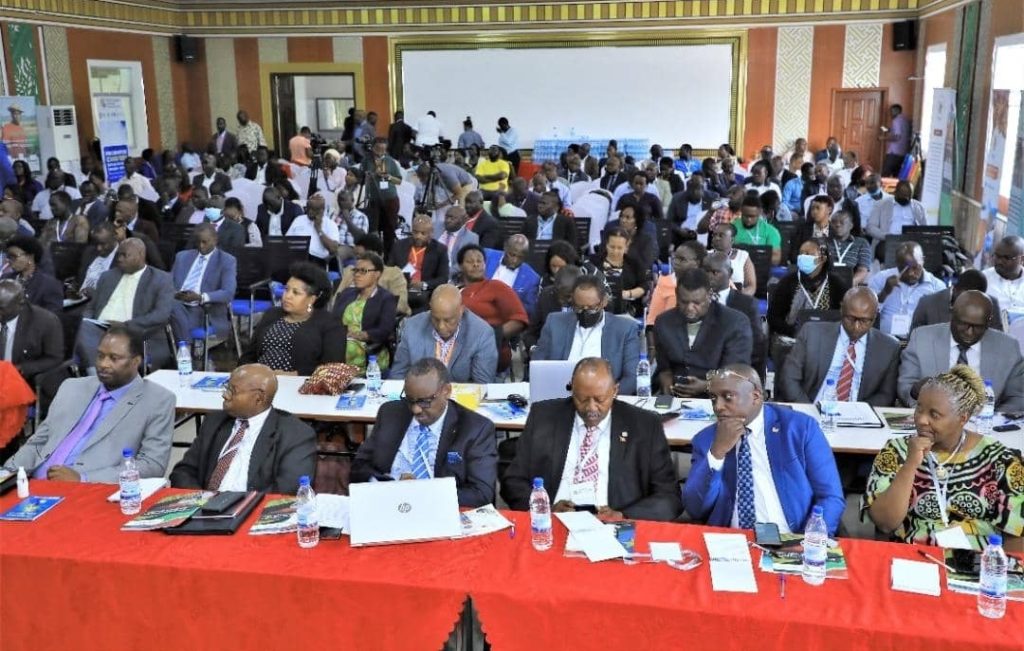
The business forum aims to create business opportunities and boost trade and investment between the private and public sectors of the two countries.
According to the Bank of Uganda, trade between the two countries rose about 4 percent to about 460 million dollars, with Ugandan exports amounting to 389 million in 2021.
Ugandan exports mainly include sugar, grain products, fish, plastics, and other chemical products, as well as re-exports of garments and petroleum products, among others.
The two-day first ever South Sudan-Uganda Business Forum under the theme “Enhancing Bilateral Trade and Investment through Industrialization and Infrastructure Development” was organized by Uganda’s Embassy in Juba, the ministries in charge of foreign affairs, and the business communities.
Stephen Asiimwe, the Executive Director, Private Sector Foundation of Uganda says they expect the exports to hit 500 million dollars in the short term if security improves, but adds that the South Sudan market for Uganda is potentially 1 billion dollars.
While launching the forum, Kuol Athian Mawien, South Sudan’s Minister for Trade and Industry, said there is a big investment gap in the country that Ugandan investors can take advantage of.
“South Sudan is a very fertile land, it has so many resources and we need investors to come and invest in South Sudan. There are a lot of business opportunities for Ugandans to invest in South Sudan,” said Mawien.
Simon Duku Michael, South Sudan’s Ambassador to Uganda wants the business forum not to stop at business, but further strengthen the relations between the two countries.
“Uganda and South Sudan have strong ties and vibrant historical relations. The Geopolitical Significance of the business summit is absolute and a strategic channel that will improve trade relations and grow the trade ratings for both countries,” he said.
He called on the two countries to invest further in joint infrastructure projects since, according to him, Uganda remains the main entry point of imports to South Sudan.
Uganda’s Ambassador to South Sudan, Gen Ronnie Balya appealed to the government of South Sudan to consolidate the current peace and continue making the country better for investments.
This will also help to balance the trade which is currently highly in favor of Uganda, he says.
He assured the South Sudanese business community that their operations in Uganda will be safe because the country assured them of the security they need.
The government in Juba also said they have been improving the legal and taxation regime, as well as security and flow of trade by reducing the number of checkpoints which are a major trade barrier.
“Our taxes are very friendly. People used to say that there are many roadblocks on South Sudan roads. As we talk now, there is no roadblock from Nimule up to Juba,” said Lawrence Bilal, Deputy Commissioner, South Sudan National Revenue Authority.
Centenary Bank revealed that they are studying the South Sudan market and are ready to open up operations there.
This came after presentations by the bank, which prompted one participant to ask the bank to establish a business in the country because “we don’t hear that you’ve taken customer property,” he said.
“South Sudan has recently overcome civil unrest – we are here to explore, just like we did in Uganda, how we can increase access to financial services for micro and small businesses and work with the general population of South Sudan to grow and become prosperous,’ said Brenda Magoba, the banks Head of Legal Affairs.

